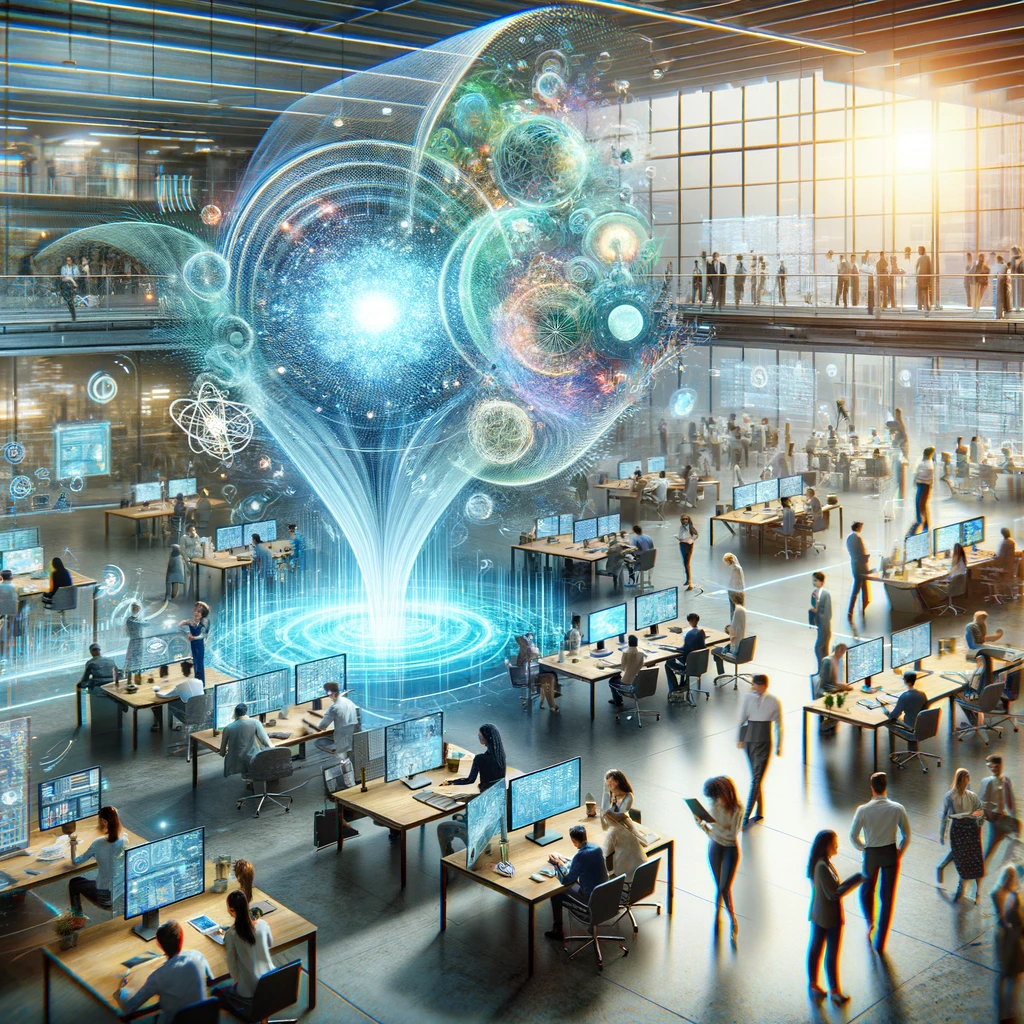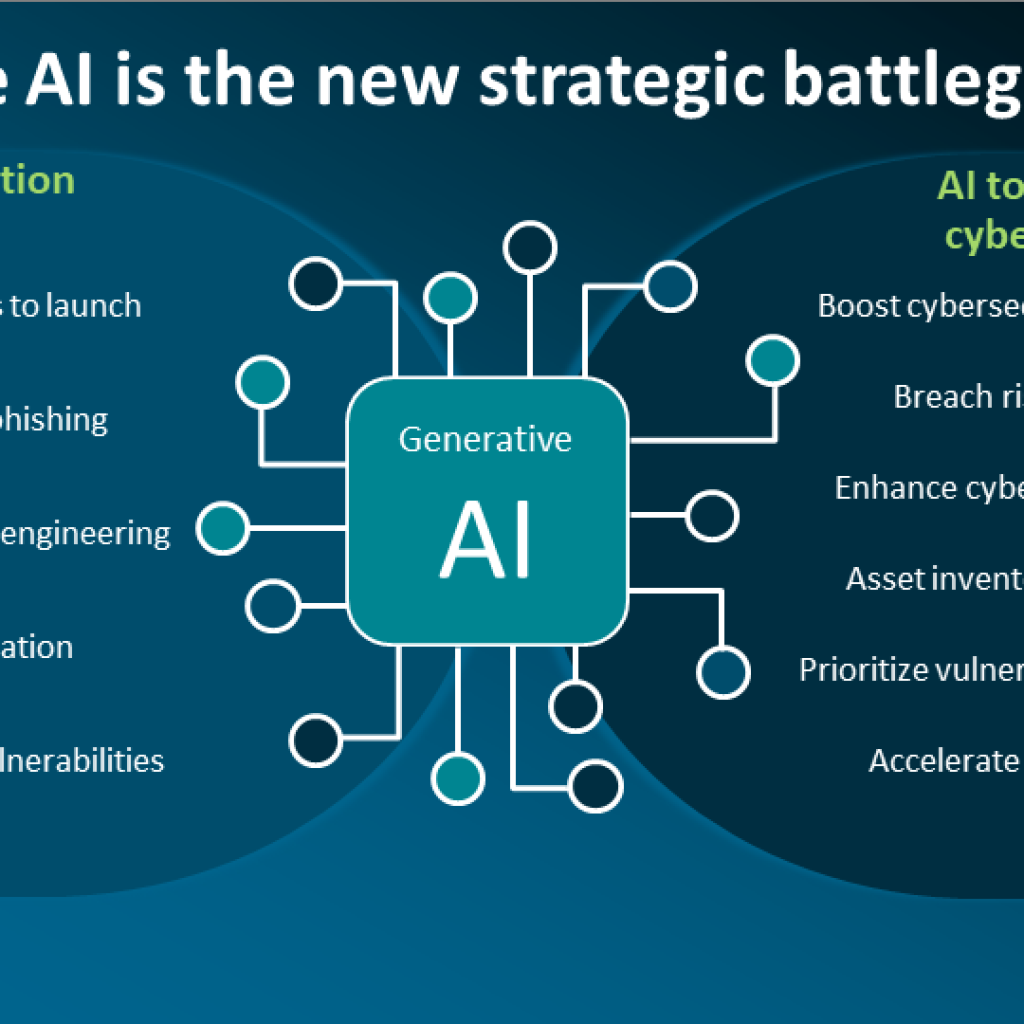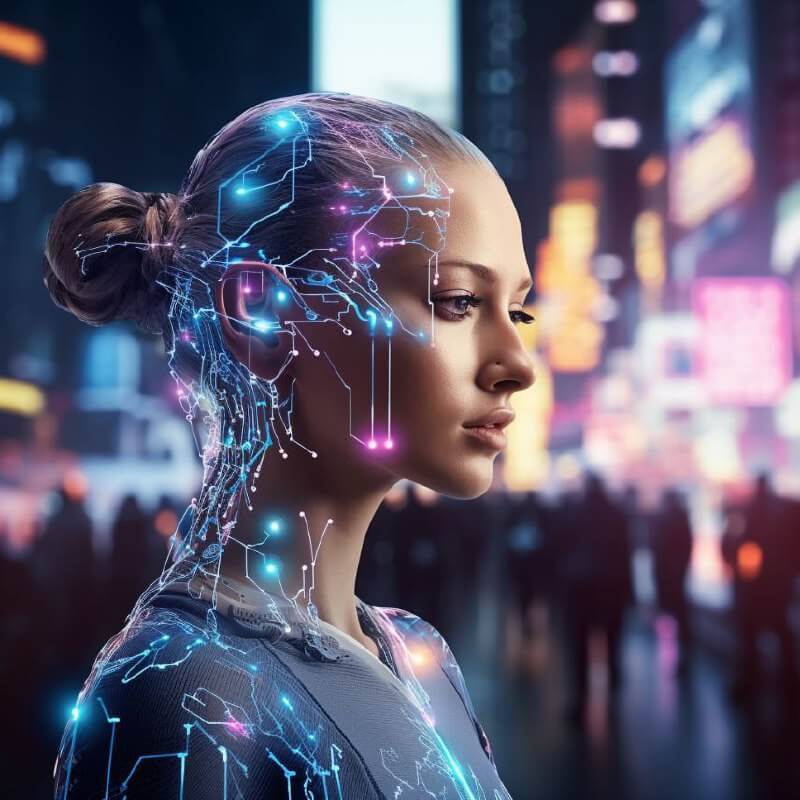As the digital landscape evolves, so too does the workplace, with Generative Artificial Intelligence (GenAI) poised to redefine organizational operations across the globe. Unlike traditional AI, which enhances efficiency through data analysis and automation, GenAI introduces a creative paradigm, generating new content and solutions previously unimagined. This transformative technology extends beyond mere productivity enhancement, embodying the innovative artist within the corporate sphere. As such, organizations and HR leaders are urged to adapt, integrating these technologies to foster a more dynamic, engaging, and productive work environment.
The essence of GenAI in modern workplaces
Generative AI distinguishes itself by its ability to create new, original content, marking a departure from traditional AI’s analytical and predictive capabilities. While systems like Netflix’s recommendation engine exemplify AI’s role in enhancing user experience through tailored suggestions, GenAI ventures into innovation, crafting unique solutions and content. This leap from analytical to creative AI applications heralds a new era in workplace automation and creativity, offering unprecedented opportunities for growth and innovation.
Impact and integration challenges
The advent of GenAI in the workplace promises to be the most significant shift since the Industrial Revolution, potentially automating up to 29.5% of work hours in the U.S. by 2030. This surge in automation extends beyond routine tasks, encompassing areas that demand creativity and expertise. However, the integration of GenAI poses unique challenges, particularly in human-AI collaboration. Studies indicate potential impacts on team performance and coordination, highlighting the necessity for strategies that foster trust and job satisfaction among employees. Addressing these challenges is crucial for leveraging GenAI’s benefits while maintaining a positive and productive work environment.
Strategic implementation and cultural considerations
The successful incorporation of GenAI into organizational frameworks requires a nuanced approach, acknowledging the diverse cultural attitudes towards AI. HR professionals and leaders must develop practices and guidelines that mitigate aversion to AI, promoting a culture of trust and engagement. This involves crafting tailored strategies that resonate with global teams, ensuring the seamless integration of GenAI technologies. Furthermore, fostering a learning culture that spans individuals, the organization, and the AI itself is vital for harnessing GenAI’s full potential, with a focus on customer operations, marketing, sales, software engineering, and R&D as key areas of value.
Embracing GenAI for future success
The future of work with GenAI is not about replacing humans but enhancing the synergy between human and machine capabilities. As organizations navigate this new technological frontier, dedicating time to understanding and experimenting with GenAI is imperative. By embracing this transformative technology, organizations can unlock new avenues for innovation, productivity, and engagement, ensuring a competitive edge in the evolving digital landscape.
The integration of Generative AI into the workplace represents a pivotal shift in organizational dynamics, offering both unparalleled opportunities and challenges. As the boundaries between human creativity and AI-generated content blur, the potential for innovation and efficiency within the workplace expands exponentially. However, achieving this potential requires a concerted effort from HR leaders and organizational stakeholders to understand, adopt, and integrate GenAI technologies effectively. Through strategic implementation, cultural sensitivity, and a commitment to learning, organizations can navigate the complexities of this transition, unlocking the full potential of GenAI to redefine the workplace for the better.





